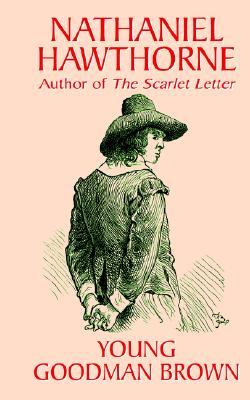Deal Me In 2020 – Week 25
I think it was his eye! yes, it was this! One of his eyes resembled that of a vulture – a pale blue eye, with a film over it. Whenever it fell upon me, my blood ran cold…
Immediatley, Edgar Allan Poe pulls his reader in to sympathize with his protagonist narrator in “The Tell-Tale Heart”. The narrator wants to kill an old man and why wouldn’t he want to kill him? He has a weird eye.
Death and dismemberment ensue in the kind of gruesomeness for which Poe is known.
Even though I was rooting for him, the narrator doesn’t get away with everything due to a different body part of the old man . I wanted to tell the narrator just to be quiet that the noise is all in his head and that the police don’t hear it.
Too bad, though, it didn’t work.
After reading this, I wonder why I haven’t posted about more of Poe’s work on my blog. I have quite a few of his works on my shelf. This one is included in The Oxford Book of American Short Stories edited by Joyce Carol Oates. Incidentally, in her introduction to this story, Oates, who has a knack for gruesomeness herself, calls Poe a genius. I couldn’t agree more.
I read this when I selected the Seven of Spades for Week 25 of my Deal Me In short story project. Check out my Deal Me In 2020 list here. Deal Me In is hosted by Jay at Bibliophilopolis.






